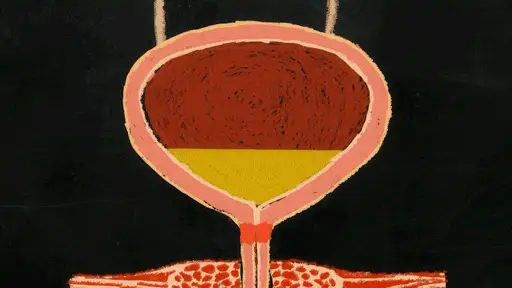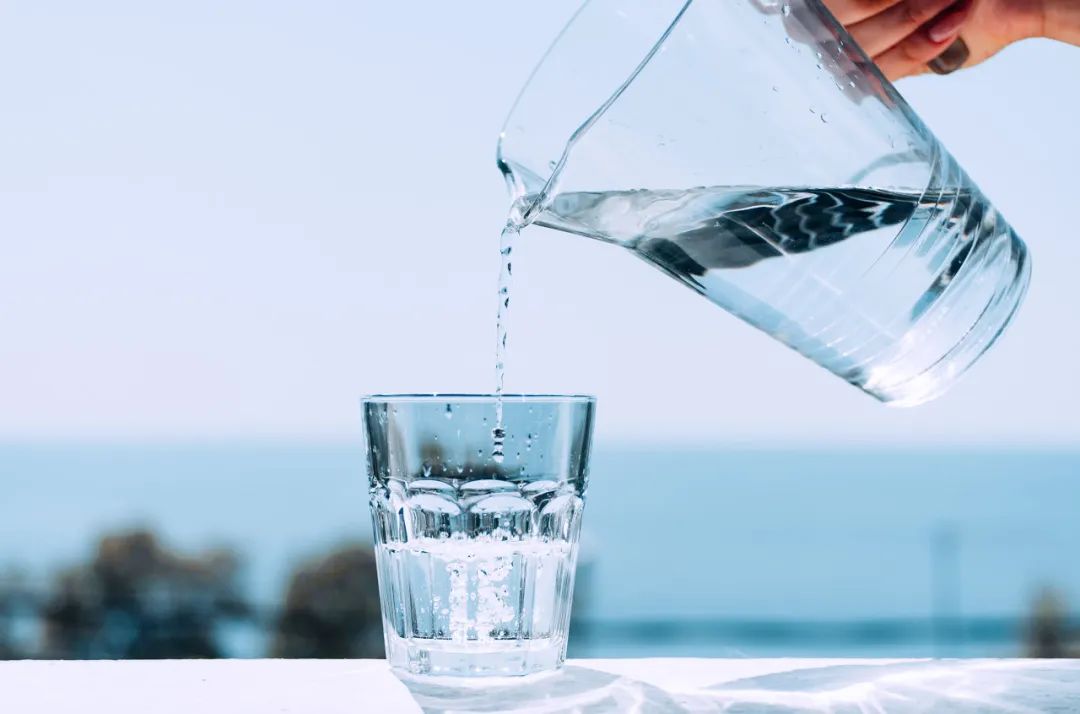In daily life, some people run to the toilet as soon as they drink water, while others go once in half a day. Individual differences in urination frequency often make people curious and worried: Does frequent toileting mean that the metabolism is particularly good, and is it a normal physiological phenomenon not to urinate for a long time?

Frequent urination VS long-term non-urination, which one is healthier!
1. The "capacity code" of the bladder: the bigger the better
The normal adult bladder capacity is about 300-500 ml, but the actual urine storage capacity is affected by multiple factors.
The compliance of the bladder is like the elasticity of a rubber band. A high-compliance bladder can easily expand to 500 ml without discomfort, while a low-compliance bladder may have a strong urge to urinate after storing 200 ml. This difference explains why some people can "hoard" urine for hours, while others need to empty it frequently.

- Hormone regulation: Antidiuretic hormone (ADH) is like an intelligent sluice gatekeeper. Its secretion decreases at night, making the night urine volume account for 30%-40% of the whole day. Due to abnormal ADH, patients with diabetes insipidus can have a 24-hour urine volume of more than 4,000 ml.
- Environmental adaptation: In a high temperature environment, the human body excretes 60%-70% of water through sweat, and the urine volume naturally decreases; in cold weather, blood vessel contraction increases the frequency of urination by 20%-30%.
- Dietary influence: Caffeine can increase urine volume by 50% in the short term, while alcohol produces a diuretic effect by inhibiting ADH secretion. A high-salt diet will prompt the body to retain water and reduce urine production.
2. Frequent urination vs. less urination, which is healthier?
Now we know that various factors such as bladder, hormones, and environment can affect the frequency of urination. But when the urination pattern changes suddenly, it may be an alarm from the body.
The real "frequent urination" may be these signals:
- Urinary system diseases: If you suddenly urinate frequently, it is very likely that you have a urinary system infection such as prostatitis and cystitis. Due to the stimulation of inflammation, the bladder mucosa becomes extremely sensitive, and the slightest urine will produce the urge to urinate, leading to frequent urination. This situation is often accompanied by discomfort such as urgency and pain when urinating.
- Endocrine diseases: Diabetic patients have high blood sugar. The kidneys cannot completely reabsorb excess glucose when filtering blood, which will lead to increased osmotic pressure in urine, taking away more water, thus causing polyuria and frequent urination; patients with diabetes insipidus will also experience polyuria, thirst and drinking a lot of water due to the lack of antidiuretic hormone or the kidneys are insensitive to it, which will lead to frequent urination.

But if you drink water normally but have no urine, you may be more vigilant:
For example, diseases such as acute kidney injury can cause the kidney's filtration capacity to decrease, thus causing anuria or oliguria. It is recommended to seek medical attention in time.
• Scientific drinking water

Can help us urinate healthily
Healthy adults drink 200 ml of water every 1-2 hours during the day, which can not only replenish water but also regulate the rhythm of urination and reduce the risk of nocturia. But remember to avoid two "pitfalls" that may lead to more frequent urination.
- Don't drink a lot of water within 2 hours before going to bed;
- Try to avoid "diuretics" such as caffeine and alcohol before going to bed.
Although urination is a daily trivial matter, it is an important indicator of health. Whether it is too much or too little urine, it may indicate that there is some potential health problem in the body.

%20--%3e%3c!DOCTYPE%20svg%20PUBLIC%20'-//W3C//DTD%20SVG%201.1//EN'%20'http://www.w3.org/Graphics/SVG/1.1/DTD/svg11.dtd'%3e%3csvg%20version='1.1'%20id='图层_1'%20xmlns='http://www.w3.org/2000/svg'%20xmlns:xlink='http://www.w3.org/1999/xlink'%20x='0px'%20y='0px'%20width='256px'%20height='256px'%20viewBox='0%200%20256%20256'%20enable-background='new%200%200%20256%20256'%20xml:space='preserve'%3e%3cpath%20fill='%23FFFFFF'%20d='M194.597,24.009h35.292l-77.094,88.082l90.697,119.881h-71.021l-55.607-72.668L53.229,232.01H17.92%20l82.469-94.227L13.349,24.009h72.813l50.286,66.45l58.148-66.469V24.009z%20M182.217,210.889h19.566L75.538,44.014H54.583%20L182.217,210.889z'/%3e%3c/svg%3e)